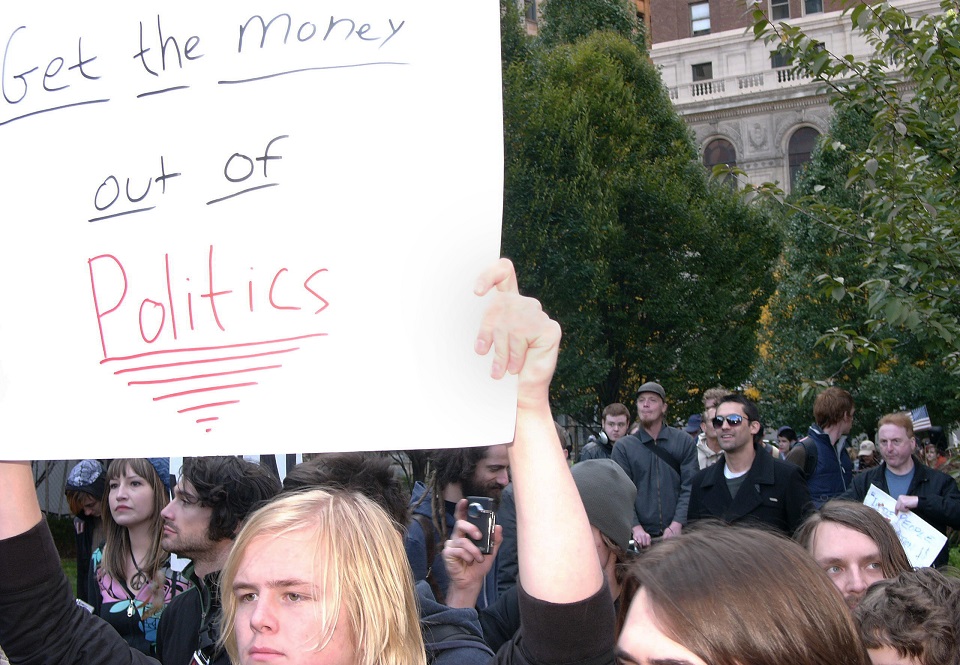
Politicians relying on donations from the public and businesses to fund their campaigns can arguably trace its history back to Andrew Jackson’s presidential campaign in 1828. These donations can be made in a number of ways by individuals.
These include direct monetary donations or loans, in-kind contributions of goods or services, fund advances, earmarked contributions, lobbyist bundled contributions, joint contributions, fundraising activities, transfers, or profits from sales to events such as fundraising dinners. In short, there are lots of ways political campaigns can raise – and spend valuable dollars.
The 2020 presidential election alone is estimated to have cost $14 billion. This dwarfed the previous record holder, the 2016 election, by more than double. But aside from increasingly expensive elections, TV commercials, newspaper ads and colored bunting in the build-up to presidential election time, how do politicians spend your valuable donations?
How politicians spend your donations varies and is governed in different ways. Congressional and presidential elections are governed by federal compliance, whereas there are separate sets of laws that apply to state and local elections. How donations are used by politicians ranges from the completely legitimate funding of TV commercials and campaign tour costs to a steady flow of not-so-legitimate holidays, entertainment purchases and even personal shopping.
Here are some of the ways politicians and political organizations spend your donations.
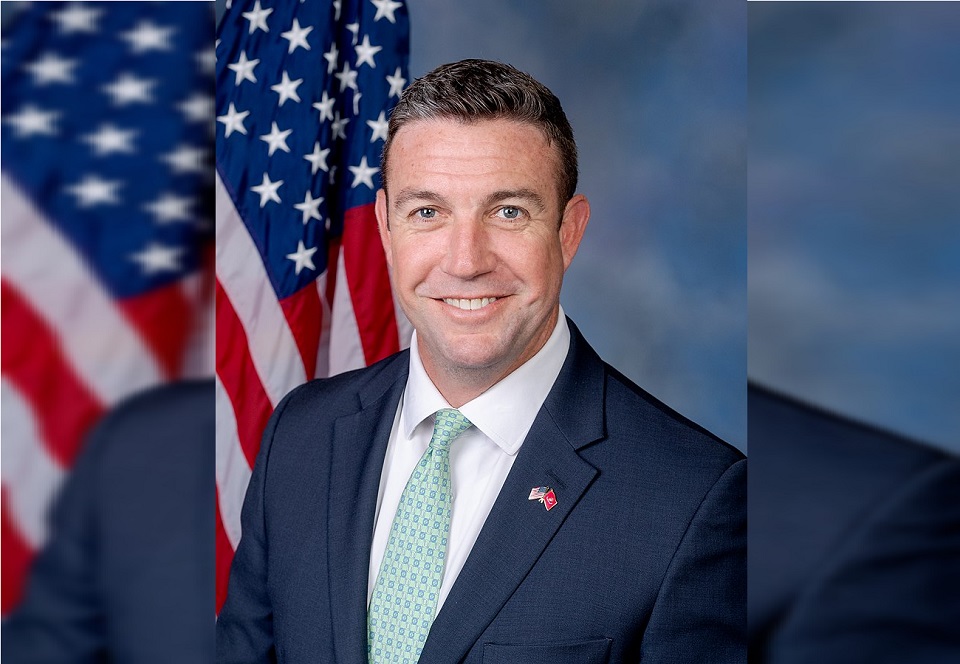
1. Duncan D. Hunter
California Republican Duncan Hunter and his wife were found to be spending funds on exotic vacations to their weekly grocery bills. For Mr. Hunter, it also contributed to funding a number of marital infidelities.
The former senator had been found guilty in December 2019 of misusing campaign funds over a period of several years. As Hunter prepared for 11 months behind bars, he received a pardon from the outgoing President Trump. This not only ended his prospect of jail time but also frees him up to run again for public office in the future should he so wish.
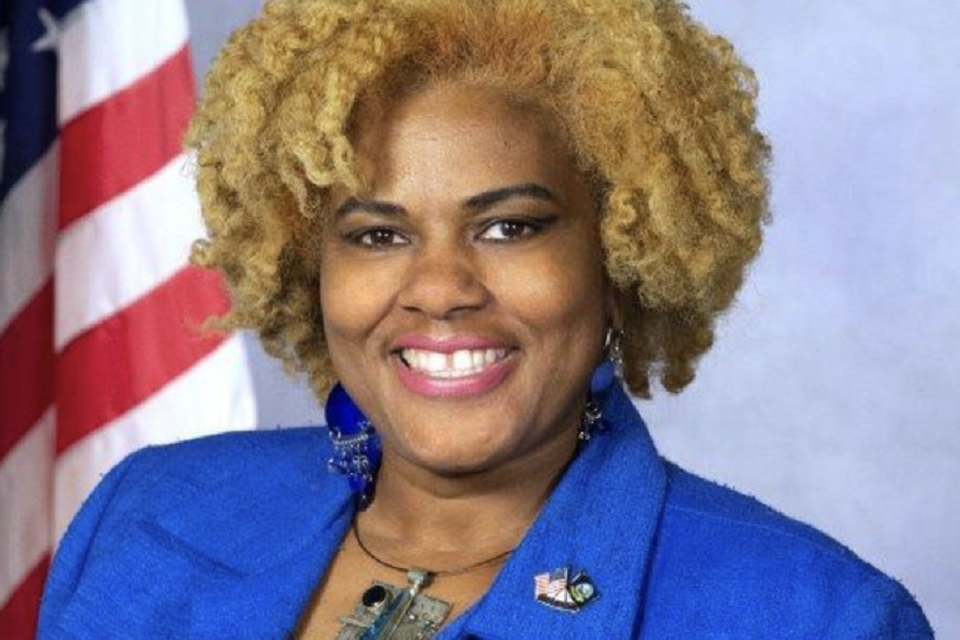
2. Margo L. Davidson
Almost $7,000 campaign donations were not “administered properly” by Pennsylvania Congresswoman Davidson’s campaign.
The former Democratic member of the House of Representatives claimed for hotel expenses not related to her campaign during a four-year period from 2015.
To compound matters further, there were further hotel stays claimed from 2017 in Harrisburg, PA which an inquiry proved to be false by her cell phone records and turnpike receipts. In addition to this, a number of cash withdrawals were made from campaign accounts.
In efforts to cover her tracks, Ms. Davidson attempted to recruit a witness to give false information to investigators. She has since resigned after being charged with theft by deception.
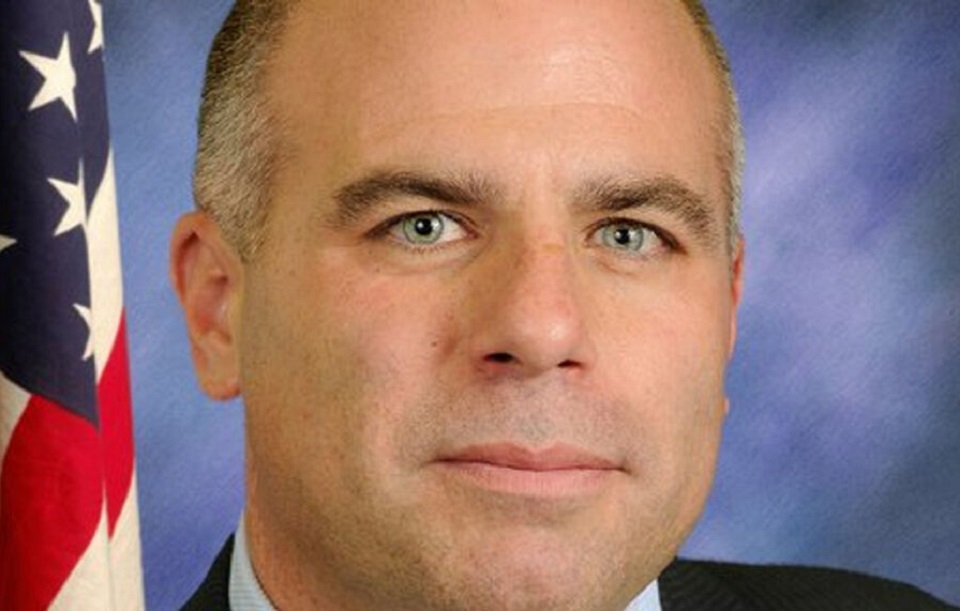
3. William “Sam” McCann
Federal prosecutors have compiled well over 60,000 pages of documentation to charge former Senator McCann with seven counts of misuse of campaign funds, along with two other charges.
The former Republican faces the charges of fraud for paying himself, as well as making mortgage and other debt payments, and buying personal vehicles with campaign funds.
McCann’s original trial date was set for late July 2021, but it has been postponed to give investigators more time to compile evidence due to the complexity of the case.
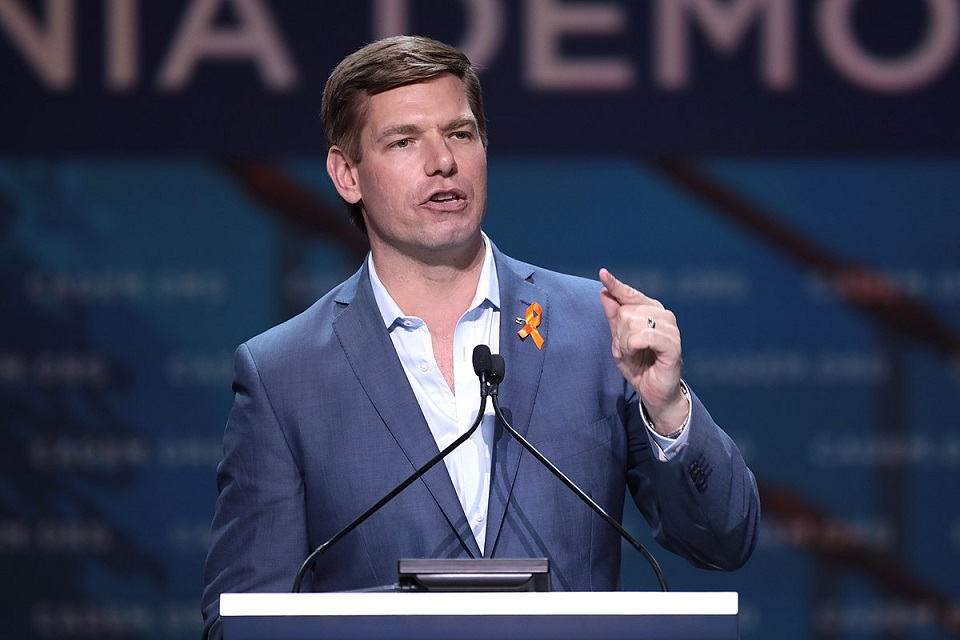
4. Eric Swalwell
Democrat Eric Swalwell has been accused of illicitly spending north of $50,000 of his campaign’s funds for a variety of personal pursuits. The Californian politician racked up personal expenses on alcohol, hotels and on executive limousine services around New York City.
The House Representative continued his high life when he was working in Washington D.C, spending upwards of $7,000 in some of the capital’s finest restaurants and steakhouses. Perhaps the most revealing of Swalwell’s adventures with his campaign’s money was an all-expenses paid trip to Qatar, in which he was pictured shirtless on a camel ride.
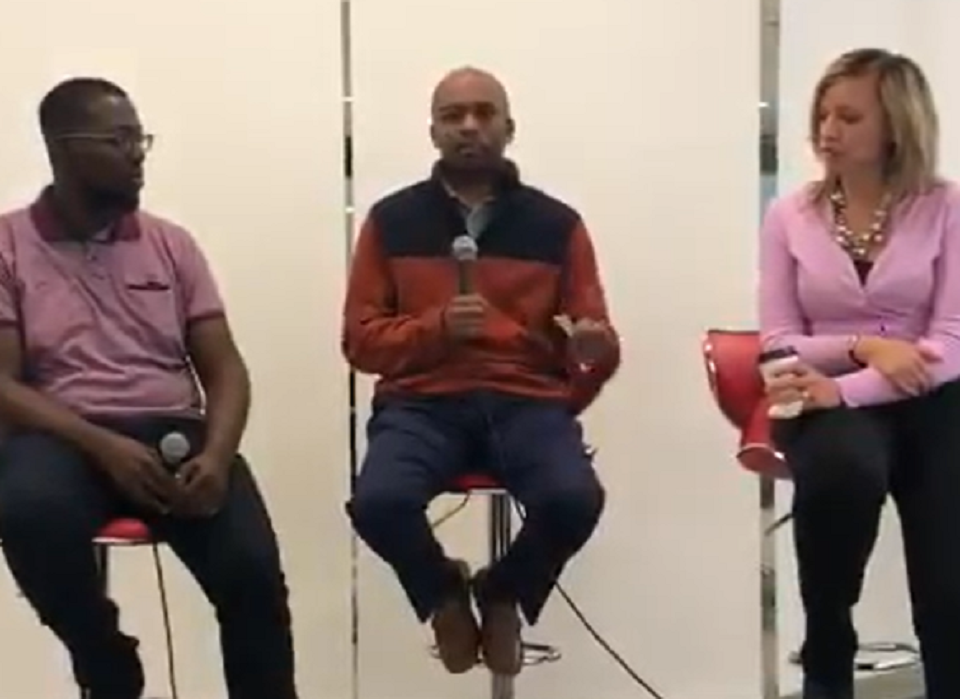
5. Courtney Curtis
The former House Representative to Missouri District 73 was sentenced in March 2021 to 21 months for fraudulent use of his campaign funds. Mr. Curtis was also required to repay almost $50,000 to donors.
Instead of using the funds to advance his ‘Curtis for MO’ campaign, the Rep instead channeled the funds to pay for his apartment rent and bills. More funds were also used to pay for the crooked politician’s hotel bills, airplane tickets and travel expenses.
Mr. Curtis did at least stick to his promise to support local business – he also lavished his campaign’s funds on local casinos and retail stores to buy goods for his own use.
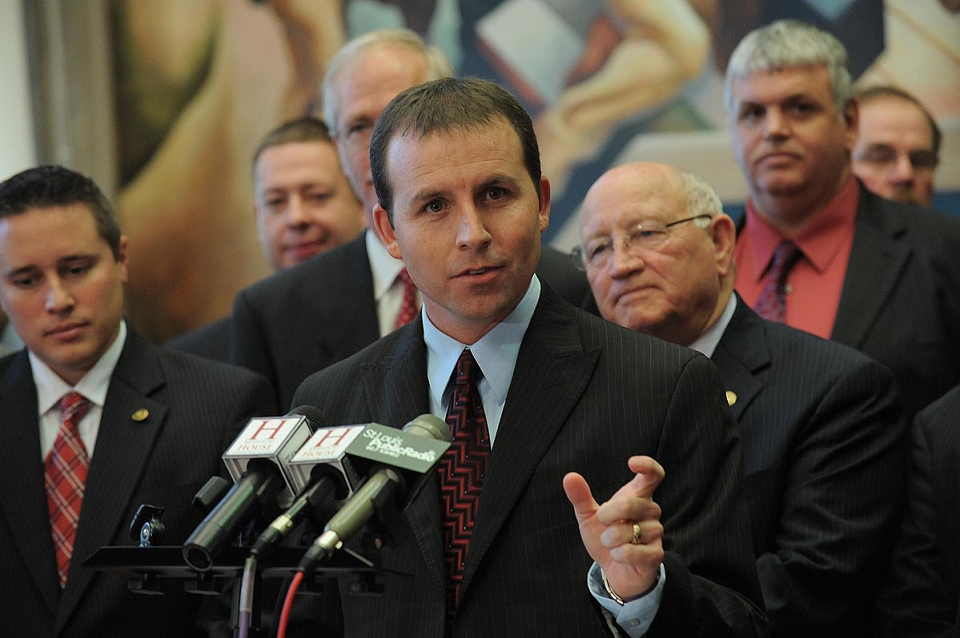
6. Steve Tilley
Not all campaign funds are misused on exotic trips and blackjack. Some of them are ‘redeployed’ in a way that they were not originally intended. Take Steve Tilley, the former Missouri House Speaker, who resigned that office but was able to keep his campaign war chest of over $1 million even after he left.
This set him up nicely for his next role of political consultant and lobbyist for a number of Missouri lawmakers’ own campaigns.
Tilley’s case caused the State of Missouri to look to change this practice of how campaign funds can be used, especially in cases where elected officials move on to private consulting practices. Thanks to this, campaigns now have to be formally dissolved if an official leaves office, with money returned to donors or donated to good causes.

Email lists
To give balance, most politicians use campaign donations perfectly legitimately. One popular technique is to invest funds early on buying email lists and running digital marketing campaigns to request further donations. Well-executed campaigns to good quality qualified donor list generally raise $2 for every $1 invested.
This works on an incremental ‘hockey stick’ principle that aims to maximize momentum during the final six months of the election process when donations inflows reach their peak.
As well as obtaining further donations, digital campaigns are also known to help recruit and motivate volunteers, enable rapid responses to new developments, and amplify the message to greater numbers of voters.
An example of this is Pennsylvania Democratic representative John Fetterman. Over just one quarter spend of just over $2.1 million, Gov. Fetterman invested $1.5 million on acquiring email addresses and other digital marketing campaigns in the hope of optimizing his campaign for the peak donation season.
RELATED POST: 10 Politicians Accused of Serious Crimes





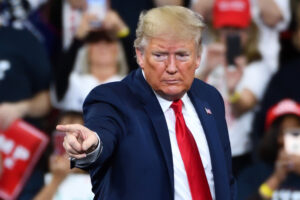
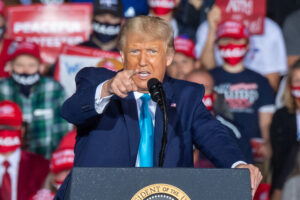
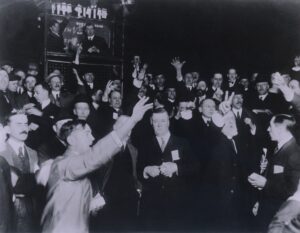
3 thoughts on “6 Politicians Who Misused Campaign Donations”
Thank you for sharing the names of the fraudulent politicians. How can we believe we are voting for honest politicians when they betray our trust? Maybe we need term limits and serious checks and balances of our representatives. We need more transparency from all government agencies and representatives. But how do we get this if we cannot elect honest people and honest donors (who are not self-serving)? I believe Presidents should not be able to pardon dishonest people and their criminal behavior. I believe our judicial courts should not be politicized to break our laws to favor the current political party politics. There is too much money in our election process which I believe leads to the corruption of our leadership on all levels. What is important is ACCOUNTABILITY and HONESTY and then maybe we will have more honest people to vote for.
Since the US started paying its elected representatives, politicians, and those wanting to be politicians, have “taken the money” to represent their constituents. Before that, you will not find many crooked politicians. Yes there are some, because paid favors will unfortunately always be with us, but far fewer when they were not being paid. Unfortunately, many of them are crooked scoundrels who enter politics for the express purpose of making a lot of money. Our current president for one. A senators pay will not cover the homes, cars, clothing, food, education and general expenses of living in three multimillion dollar mansions for more than 47 years. Money does not grow on trees. For many people it grows with graft. Oaths of office mean nothing to these people. In their minds they deserve the additional things paid for by their graft and corruption. But they don’t. They deserve going to prison.
This is the problem with Politics today they go in office for their own benefit not for the people who elected them. the last president ( trump ) was sure a good teacher with the lying and misdirection for his own gain.